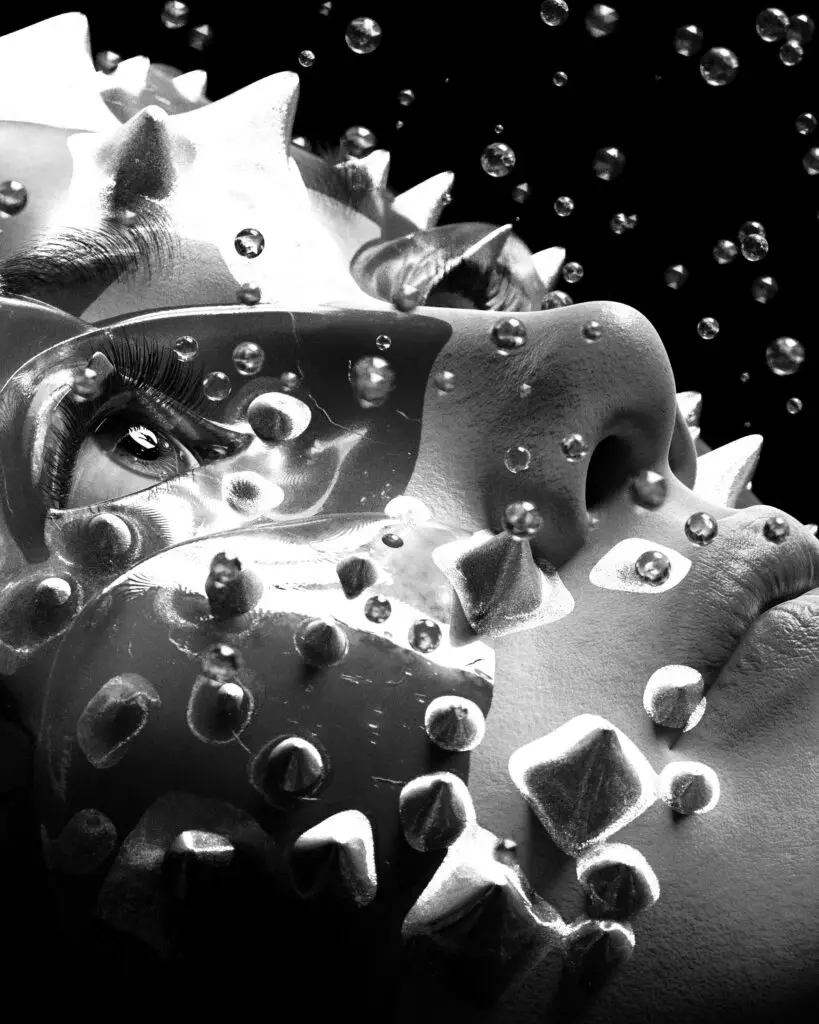
In recent years, there has been a growing interest in exploring alternative and innovative approaches to mental health treatment. One such avenue that has gained significant attention is the use of psilocybin, a naturally occurring psychedelic compound found in certain species of mushrooms. Psilocybin is being studied for its potential therapeutic effects on a range of mental health conditions, offering new hope and perspectives in psychological care. This article will delve into the groundbreaking role of psilocybin in mental health treatment, presenting evidence and shedding light on its potential benefits.
Psilocybin is a chemical compound that interacts with serotonin receptors in the brain, specifically targeting the 5-HT2A receptors. This interaction leads to significant changes in neural activity, resulting in altered perceptions, thoughts, and emotions. It is believed that these altered states of consciousness induced by psilocybin can be harnessed to facilitate therapeutic breakthroughs in individuals suffering from various mental health disorders.
Depression is a global health concern, affecting millions of people worldwide. Traditional treatments such as antidepressant medications and therapy have proven effective for many individuals, but there is still a significant portion of the population that remains unresponsive to these standard approaches. This is where psilocybin comes into play.
Studies have shown that psilocybin-assisted therapy can have profound effects on individuals struggling with treatment-resistant depression. In a landmark clinical trial conducted by Johns Hopkins University, participants who received psilocybin-assisted therapy experienced a notable reduction in depressive symptoms, with some even achieving complete remission. The long-lasting effects of psilocybin treatment were attributed to its ability to promote neuroplasticity, enabling individuals to break free from the negative thought patterns commonly associated with depression.
Anxiety disorders encompass a range of conditions, including generalized anxiety disorder, social anxiety disorder, and post-traumatic stress disorder (PTSD). These disorders can significantly impair an individual’s quality of life, often necessitating long-term treatment and management strategies.
Research suggests that psilocybin may hold promise in the treatment of anxiety disorders. A study conducted at the Imperial College London demonstrated that psilocybin administration resulted in a significant reduction in anxiety symptoms in individuals with treatment-resistant anxiety and depression. The therapeutic effects were attributed to the compound’s ability to disrupt neural pathways associated with fear and anxiety, leading to a reduction in symptoms and increased emotional resilience.
Substance abuse and addiction are complex issues that can be incredibly challenging to overcome. Traditional treatments often focus on detoxification and counseling, but the high rates of relapse highlight the need for more effective therapeutic interventions.
Studies exploring the use of psilocybin in addiction treatment have shown promising results. Psilocybin-assisted therapy has been found to help individuals with addiction gain insight into the underlying causes of their substance abuse, while also decreasing cravings and promoting a sense of connection and spirituality. The ability of psilocybin to induce a profound psychological experience, often referred to as a “mystical experience,” has been linked to its therapeutic effects in addiction treatment.
As research on psilocybin continues to expand, it is becoming increasingly evident that this compound holds tremendous potential in the field of mental health treatment. However, it is crucial to acknowledge that psilocybin-assisted therapy should always be conducted under the guidance of trained professionals in a controlled and safe environment.
The groundbreaking role of psilocybin in mental health treatment offers new avenues for individuals who have not found relief from traditional approaches. While further research is still needed, the evidence thus far has been promising, showcasing the potential of psilocybin to revolutionize the way we approach mental health care.
Psilocybin’s impact on mental health is an exciting frontier that is garnering attention from researchers, clinicians, and individuals seeking alternative forms of treatment. Its potential to alleviate symptoms of depression, anxiety disorders, and addiction offers new hope for those who have not experienced success with conventional therapies. While we are still in the early stages of understanding the full therapeutic potential of psilocybin, the evidence to date suggests that it may indeed be a groundbreaking avenue in the field of mental health treatment.